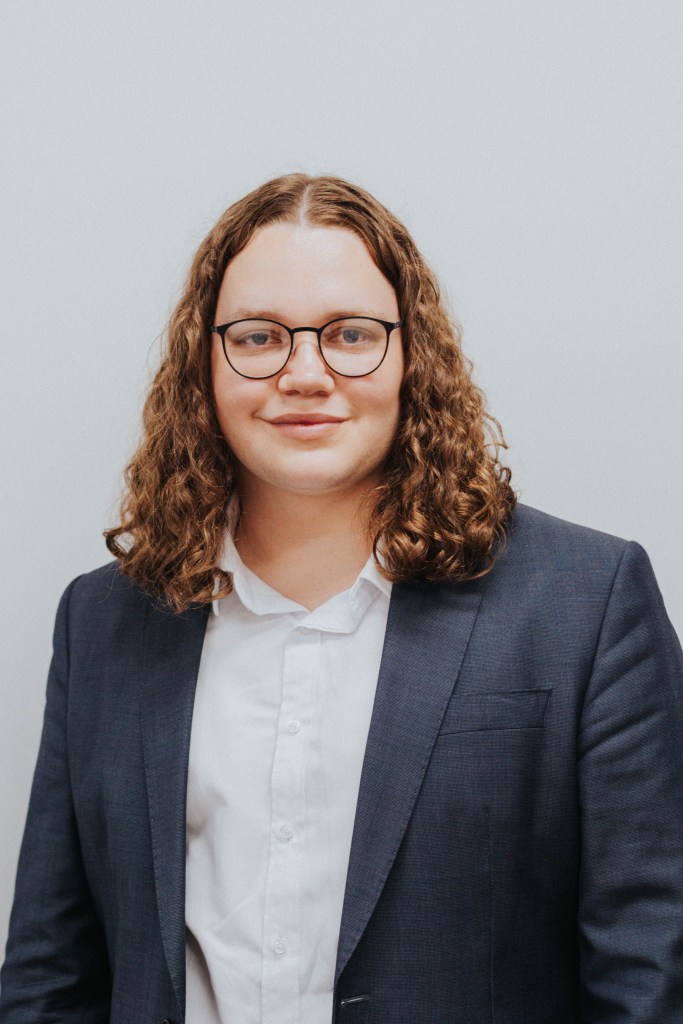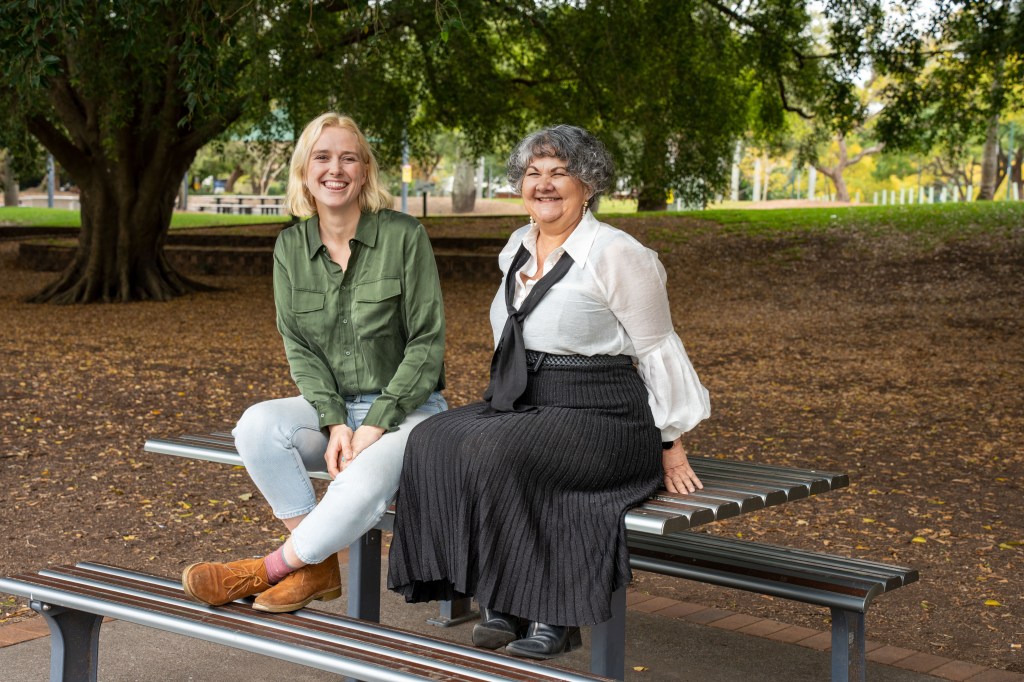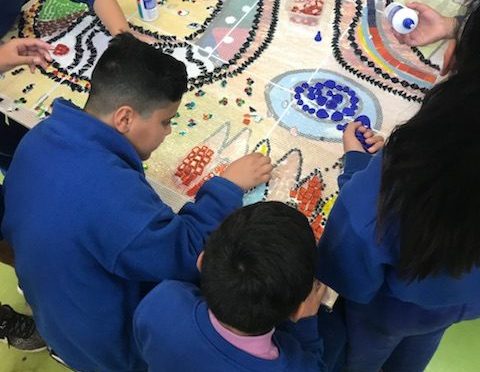A new educational platform aimed at teaching First Nations children about their culture could help organisations looking to understand more about the rich Indigenous history of the country they operate in.
When Bangerang custodian Kobe Atkinson was still a teenager, he realised that there wasn’t a written record of his peoples’ language. His response – at age 19 – along with his cousin Roland – was to create a dictionary, to avoid his people’s language being lost.
Atkinson, along with not-for-profit foundation – SharingStories – knows the value of educating First Nations children about their history and culture. Without sharing and recording that knowledge, thousands of years of history and language is at risk of being lost for future generations, he says. But the opportunities, he says, go beyond First Nations communities – to non-Indigenous Australians and business.

Atkinson – now a policy and business analyst – has worked with SharingStories for several years, in a bid to help the organisation build an ongoing, sustainable education platform for teachers and school aged children. SharingStories has recently launched Jajoo Warrngara: the Cultural Classroom in partnership with more than 10 Indigenous communities across six states and territories to provide units of work, resources, cultural films and multi-touch books for teachers and students.
Co-CEO Sharon Williams, a Pitta Pitta woman, says first and foremost, SharingStories has a mission to educate First Nations students – “without education, First Nations people will not be able to have self-determination and have better employment opportunities”.
“You come out of school not knowing how to pay your taxes, how to vote, or the history of the country you live on,” Miller says. “We are trying to change that.”
Williams – whose mother was Stolen Generation – says her mother knew the value of education, despite being only educated to Year Three herself, and encouraged her daughter to get a university education.
She says the reach of Jajoo Warrngara has the potential to go beyond educating Indigenous children about their culture. The platform has the ability to teach non-Indigenous people and businesses about First Nations history – something that non-Indigenous Australia has been in need of for many years. A recent survey by SharingStories found that just 2% of teachers identify as Aboriginal or Torres Strait Islander, however 79% of all teachers want more of an emphasis on First Nations’ history and culture in future learning.
“It is important that people understand who we are, of our true history and also have an understanding of why things are the way they are. It is really important for us to have an understanding of this Country that we all live on,” Williams says.
“Some teachers believe they have adequate resources to teach an Indigenous perspective … however, they might get it wrong. They might do something very generic, or they might not understand that they shouldn’t be re-telling that dreaming story because it isn’t their dreaming story to tell. Everything we do is co-created with First Nations community partners, because we really want teachers to be comfortable teaching First Nations perspectives.”

Jajoo Warrngara is accessed via a 50-50 subscription model – where revenue is directly paid back to the communities that have helped to create the platform. The remaining 50% is used by SharingStories to reinvest in the platform, co-CEO Taz Miller says.
“You come out of school not knowing how to pay your taxes, how to vote, or the history of the Country you live on,” Miller says. “We are trying to change that.”
SharingStories has partnered with Deloitte for four years as part of its strategy to build its social enterprise models and it is something that it wants to continue with Australian organisations. The Deloitte partnership has been crucial to the development of SharingStories, Miller says.
“From 10 years ago when we had these ideas, to developing Jajoo Warrngara we would never have gotten to this point without the help of Deloitte. We work side-by-side with them – in shared value – and it’s been special.”
Williams and Miller – who are Indigenous and non-Indigenous respectively – were recently appointed as co-CEOs of SharingStories (and pictured at the top of this article). They describe the move as part of the not-for-profit unique “both ways” leadership.
“It is important that people understand who we are, of our true history and also have an understanding of why things are the way they are,” Williams says.
The organisation itself was started in the same way around 15 years ago through a conversation between SharingStories co-founder and creative director, Liz Thompson and Nyikina Elder, Annie Nayina Milgin. Annie came to Liz with the idea of using digital technology to educate her community’s children about their culture and history.
Both ways leadership – it’s about Indigenous and non-Indigenous people working together and using all our skills to achieve an outcome. Because cultural continuity is not just an Indigenous problem to solve – it’s everyone’s, according to Yuin man and SharingStories Chair Tim Goodwin.
“Both ways leadership can impact a business. It has been great for us – it’s how we started. In western hierarchy, the responsibility of a business ultimately sits on one person’s shoulders. But the way it is in community – governance is shared across people. When it’s your right and your turn, you become the person to speak, and when you’re on someone else’s Country, they become the leaders,” says Miller.
Both ways leadership – it’s about Indigenous and non-Indigenous people working together and using all our skills to achieve an outcome. Because cultural continuity is not just an Indigenous problem to solve – it’s everyone’s, according to Yuin man and SharingStories Chair Tim Goodwin.
Where does business fit?
SharingStories co-CEO, Sharon Williams, currently conducts culturally safe scans for an education environment. It is spread over four main areas: how does the environment work from a culturally safe perspective, what does it look like (can a child see themselves represented in the classroom), the content of the curriculum and community engagement.
The cultural scan is something that SharingStories hopes to develop for companies, along with an online training platform, designed with communities and providing culturally appropriate education resources. It is currently working with online learning provider, Go1, to develop the program.
“Businesses think: how can we achieve our RAP? But in real terms, they could be thinking: ‘how can we be authentic in our engagement with community? Businesses don’t have the skills to do that, but we do,” Miller says. “We know how to work with community in a respectful way that’s going to have real, lasting impact.”

